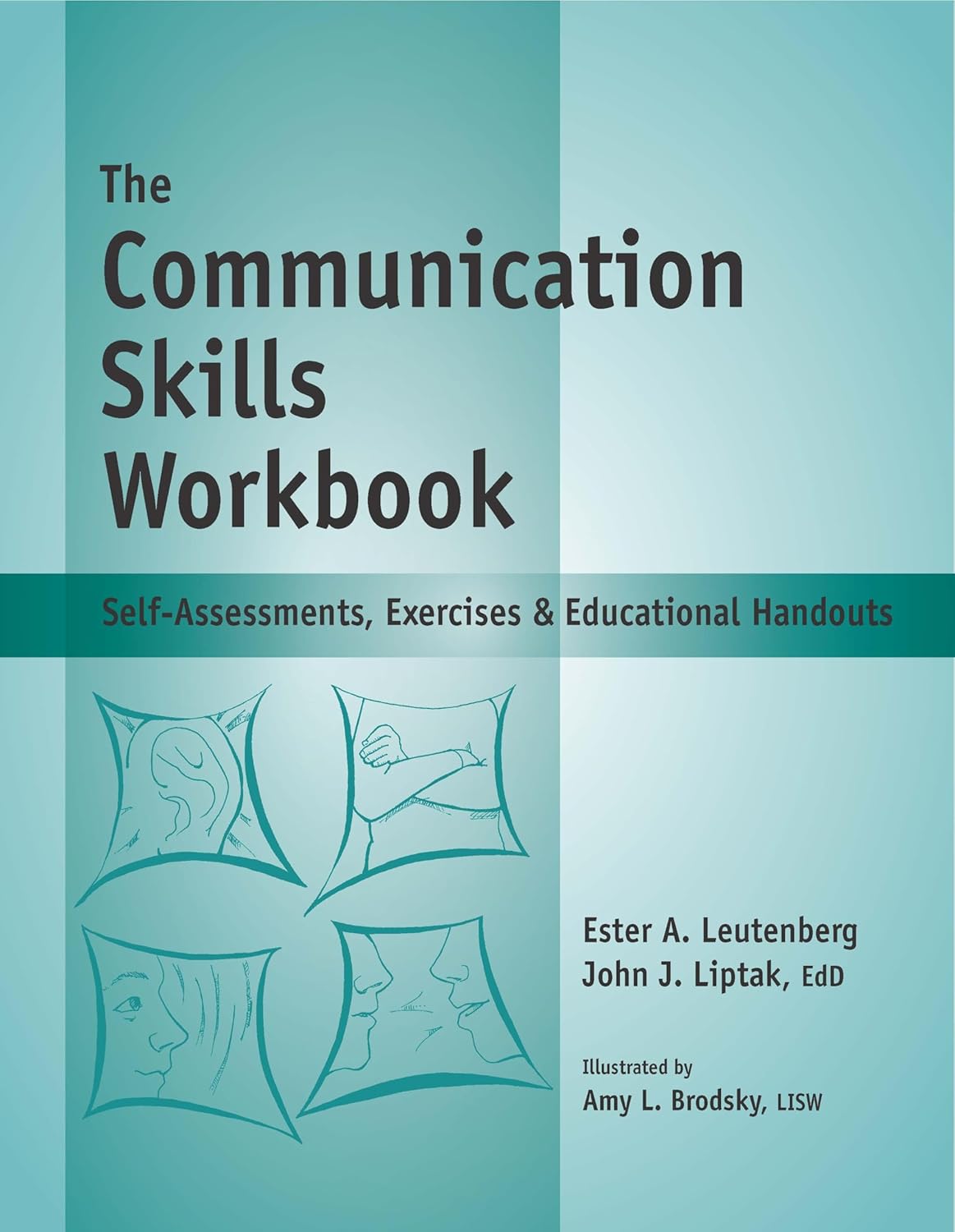“Mumbling words couldn’t get out, courage and confidence shattering around; finding the right expressions, to weave my thoughts into sound.”
Are you here because you are struggling to express yourself? Do the words get stuck in your throat whenever you try to speak?
You may find yourself filled with thoughts and ideas but unsure of where to start or how to communicate them clearly.
You’re not alone. Many people face challenges when it comes to sharing their thoughts and feelings, which can lead to lowered confidence and feeling overlooked.
But there’s no need to worry! With the right techniques and practices, you can learn to express your thoughts clearly and leave a lasting impression.
Let’s explore what it means to be articulate and discover powerful techniques to improve your speech.
What Does It Mean to Be Articulate?
Do you find yourself wondering if being articulate is something you really need?
The answer lies in understanding what it means to be articulate and how it can improve your communication.
Being articulate means expressing yourself clearly and effectively so your words resonate with others. When you speak clearly, your ideas come across confidently, making it easier for others to understand your message.
The real question is: how can you become more articulate?
Being articulate isn’t just about having a strong vocabulary; it’s about structure, clarity, and emotional connection.
Research shows that one in five people struggle to convey their thoughts and feelings accurately. Many aren’t aware of the psychology behind articulation, which involves organizing your thoughts before you speak.
Did You know?
Articulating your thoughts clearly can actually help you think more clearly, too. The process of putting thoughts into words sharpens your mind and boosts your overall confidence in communication.
As you work on mastering this skill, understand that it’s about finding a balance between content and delivery. Here are some key points to keep in mind:
- Articulation is about organizing your thoughts before you speak.
- It’s not just about vocabulary; clarity of structure is essential.
- Improving your communication skills requires practice in delivery and engagement.
The Psychology of Articulation
Speaking clearly is one of the brain’s key functions. When we talk, our brain actively processes language, recalls vocabulary, and structures sentences in real-time.
However, this process can be disrupted when you feel nervous or stressed, leading to confusion in communication.
Research shows that people often know what they want to say but struggle to express it effectively due to psychological barriers like fear of judgment or anxiety.
🎭 Fun Fact
When you’re nervous, your brain prioritizes survival over speech, which is why even the most articulate people can stumble over their words when faced with stress or anxiety.
That’s why mastering articulate speaking techniques involves more than just practicing your words; it also requires understanding the cognitive processes behind your speech.
Understanding the Key Elements for Clarity:
- Speech clarity is linked to the brain’s language processing abilities.
- Overcoming speech barriers starts with addressing psychological factors such as anxiety.
- Enhancing verbal communication means understanding how emotions influence your articulation.
Powerful Techniques to Improve Your Speech Clarity
Effective speech techniques are key to improving your communication skills and expressing yourself more clearly.
Here are some strategies to help you enhance your speech, whether you’re addressing a large audience or just having a casual conversation:
#1: Focus on Breathing
Control your breathing for better speech clarity. Deep breaths activate the parasympathetic nervous system, calming you and allowing your words to flow more freely. Many professional speakers practice diaphragmatic breathing to maintain control over their voices.
#2: Slow Down Your Speech
When people are nervous, they often rush through their words. Slowing down becomes essential so that others can understand you better and give you time to think. Clear speech exercises like speaking at a measured pace help your brain process language more effectively. You can boost your communication skills by practicing with a workbook designed to strengthen your abilities.
#3: Use Pauses Strategically
Pauses play an important role in communicating effectively. They help punctuate your message and give the listener time to absorb your words. When you pause during your speech, it provides a moment to reflect and prevents “ums” and “ahs” that hinder clarity.
#4: Engage in Vocal Exercises
Practicing articulate speaking techniques, such as vocal drills, can help you pronounce words more clearly. Exercises like tongue twisters or reading aloud can improve enunciation and articulation over time.
Bonus Tip
Record yourself speaking and play it back! Listening to your own voice helps you identify areas where you tend to rush, stumble, or mumble. This simple practice gives you a clear sense of where you can improve and helps build self-awareness for better speech clarity.
These powerful techniques will help you enhance your speech quality and make you a confident speaker.
How to Apply Articulation Techniques in Everyday Life
Here’s how you can use articulation techniques to improve your daily interactions:
#1: Speak Slowly for Clarity
When talking to a friend or speaking in a meeting, take a moment to slow down before you speak. Speaking at a slower pace helps you organize your thoughts, making your message clearer and easier for others to understand.
#2: Use Strategic Pauses
Take a situation where you are having a conversation with your colleagues or chatting with your friends, ” Pause” after key points. These strategic pauses give your audience time to think and encourage deeper engagement, leading to more meaningful discussions.
#3: Practice Breathing Techniques
When you are facing stressful situations, such as addressing a conflict or speaking with superiors, you must focus on your breathing to stay calm. Practicing deep breathing activities helps your parasympathetic nervous system remain focused and articulate under pressure.
#4: Visualize Success
Suppose you are going to have an important discussion or a meeting. The best way to stay composed is to mentally rehearse your delivery. To reduce the nervousness and improve your articulation in real time, imagine yourself speaking clearly and confidently.
#5: Ground Yourself
You can practice grounding techniques in your everyday conversation. These techniques will help you focus on your surroundings and physical sensations, stay in the present moment, and ensure that your message has been delivered clearly and authentically.
🎭 Mindful Reflection
Take a moment to reflect on a recent conversation where you struggled to express yourself clearly. What was happening internally—were you rushing, feeling anxious, or distracted?
Now imagine applying one of these techniques, like pausing or slowing down, in that situation. How might the outcome have been different?
By mindfully noticing these moments, you can begin to shift your approach to communication, becoming more intentional and articulate in everyday interactions.
By incorporating these techniques into your daily routine, you’ll find that your communication skills improve naturally, helping you express yourself clearly and confidently in both personal and professional interactions.
Conclusion
Becoming articulate is a transformative journey that combines understanding the psychology behind communication with practical techniques for clear speech.
Using articulate speaking methods alongside effective strategies can enhance your communication skills, build connections, and strengthen relationships.
Being articulate boosts your confidence and helps you become a persuasive speaker.
Clear communication is essential for shaping how others perceive and respond to you. By practicing the right techniques and engaging in clear speech exercises, you will gradually improve and discover a smoother way to express yourself.
“Words flowing like magic, turning everything shiny bright; confidence building up, spreading the light of hope in the night.”
Activity: Your Articulation Self-Check
- Step 1: Recall a recent conversation where you struggled to express yourself clearly.
- Step 2: Write down exactly what you were trying to say during that conversation.
- Step 3: Rephrase your message using techniques from this article (e.g., slowing down, pausing, or visualizing success).
- Step 4: Record yourself saying both versions—the original and the rephrased one.
- Step 5: Listen to both recordings and reflect on the differences in clarity, tone, and confidence.
- Step 6: Note how you felt before and after applying the techniques and how they changed your delivery.
This self-check will make you more aware of your communication habits and help you refine your articulation skills.





















